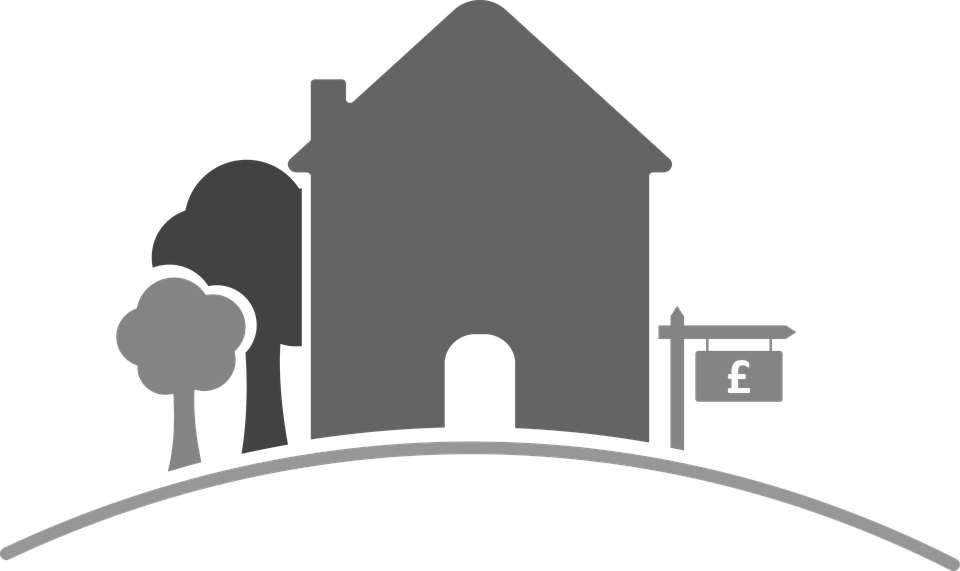Brits forked out £276,000 on average for new homes in January 2022, some £24,500 more than they would have done a year ago.
While the jump is stark researchers at Halifax said that the rate of growth is slowing as incomes are squeezed by spiralling inflation, which has reached its highest level for 30 years at 5.4 per cent. In January house prices were up by 9.7 per cent compared to the previous year, but rose just 0.3 per cent month on month, the lowest growth rate since June 2021.
Contact us today to speak with a specialist Commercial Finance Broker to discuss how we can assist you.
“Overall prices remain around £24,500 up on this time last year, and £37,500 higher than two years ago,” commented Russell Galley, the managing director at Halifax.
Activity in the property market peaked during the pandemic, driven by a ‘race for space’ under lockdown and the government’s stamp duty holiday. However, Halifax revealed that the volume of houses being sold is now falling to pre-pandemic levels.
“Affordability remains at historically low levels as house price rises continue to outstrip earnings growth. Despite record levels of first-time buyers stepping onto the ladder last year, younger generations still face significant barriers to home ownership as deposit requirements remain challenging,” Galley said.
Read about the UK Housing Market via our Specialist Residential & Buy to Let Division
Galley noted that the challenge of stepping on to the housing ladder for first-time buyers is likely to worsen next year as household budgets face greater earning pressure from an increase in the cost of living and rises to the interest rate which could feed through to mortgage prices.
“While the limited supply of new housing stock to the market will continue to provide some support to house prices, it remains likely that the rate of house price growth will slow considerably over the next year,” Galley forecast.
The data further revealed that house prices are rising fasted in the devolved region of Wales. Annual house price growth stood at 13.9 per cent, with the average price of a house standing at £205,253. While London was the weakest performing area of the UK house price inflation still stood at 4.5 per cent.
By LILY RUSSELL-JONES
Source: City AM
Discover our Commercial Mortgage Broker services.



